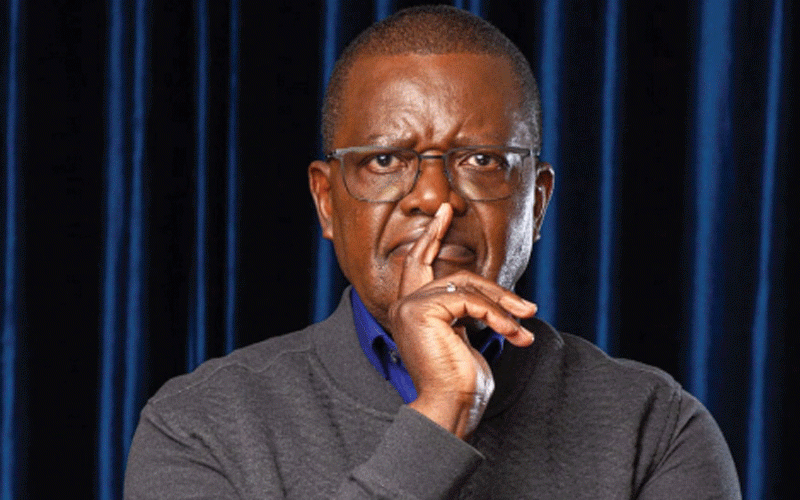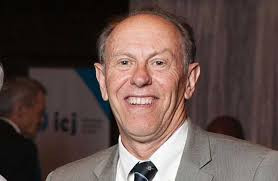
MEDIA practitioners and Press freedom advocates have called on the government to repeal colonial-era and repressive media laws, warning that democracy cannot flourish in an environment of intimidation and legal persecution of journalists.
They made the demands at the ongoing Southern Africa Media Summit in Harare, which is running under the theme Strengthening Independent Journalism for Democracy and Nation Building.
Alpha Media Holdings (AMH) chairman Trevor Ncube highlighted the declining state of Press freedom across the region, pointing to repressive legislation as the primary cause.
“Across southern Africa, 87% of attacks on journalism involve State actors, with the police being responsible for most of them,” Ncube said.
“Our Press freedom rankings are falling. Repressive laws such as the Criminal Law (Codification and Reform) Act, and the Cyber and Data Protection Act must go.”
He cited the principles of the 1991 Windhoek Declaration, which established a free and pluralistic Press, adding that there are essential for democracy, lamenting that the promise of that era has been betrayed.
“We should not be arrested, detained or intimidated to prove that we live in a resilient democracy,” Ncube said.
“The State, or government should stop this kind of nonsense.”
- In Conversation With Trevor: Munyati: Sports, arts are viable careers
- In Conversation with Trevor: Bango: ‘Street wisdom’ shaped me
- In Conversation With Trevor : Diplomatic posting was a mistake: Chihombori-Quao
- I’ve been a victim of racism in classical music: Mhambi
Keep Reading
He also challenged the misconception that independent media are allies of opposition parties, arguing that true journalism holds all power to account.
“Opposition political parties want praise-singers, not journalists. When we expose your ethical failures, suddenly the media is captured,” he said.
“Real journalism offends everyone eventually. We are equal opportunity offenders. Let me be clear, State repression remains a brutal threat.”
Human rights lawyer Chris Mhike stressed the urgent need to align the country’s media laws with the Constitution.
“There is a gap between what is promised and what is lived in reality,” Mhike said.
“Many of the statutes are not consistent with the promises in the Constitution.
“It is our duty as journalists and citizens to ensure that draconian legislation is aligned with the Constitution.”
Helen Sithole, a representative from the Media Institute of Southern Africa Zimbabwe, said domestic laws required further alignment to protect freedom of expression.
“We are making some positive progress, but when we look at our laws, they need further alignment with the freedoms echoed in our Constitution,” Sithole said.
Acting country director of the Friedrich Naumann Foundation in Kenya, Judie Kaberia, said journalists in Nairobi were confronting escalating threats, including direct attacks and the shutdown of broadcast signals by authorities.
Kaberia cited severe instances of repression, including a female journalist who was shot three times by the police and State security operatives targeting media infrastructure.
“The police went out and they targeted the journalists. And then they went to the satellites where they have their signals and they switched off the signals,” she indicated.
Kaberia indicated that the response to these actions required swift, collaborative effort.
“What we did is to work very fast with civil society, the Law Society of Kenya and other organisations,” she explained, emphasising the importance of synergy between civil society and development partners to support the media.
Kaberia positioned a free Press as an indispensable hope for Africa during times of crisis.
“If we don’t have freedom of the media, if the media cannot speak for the people, then no one else will speak.”










